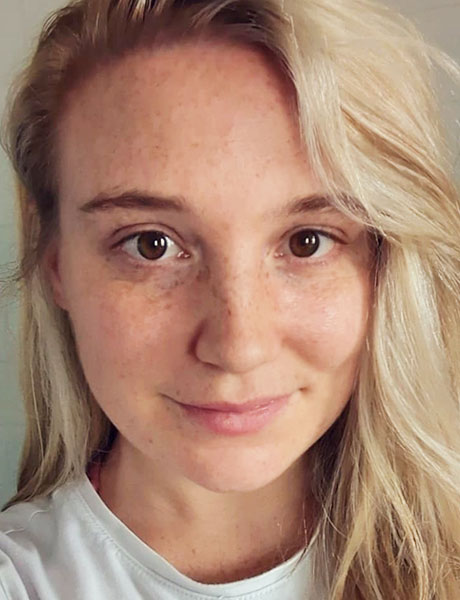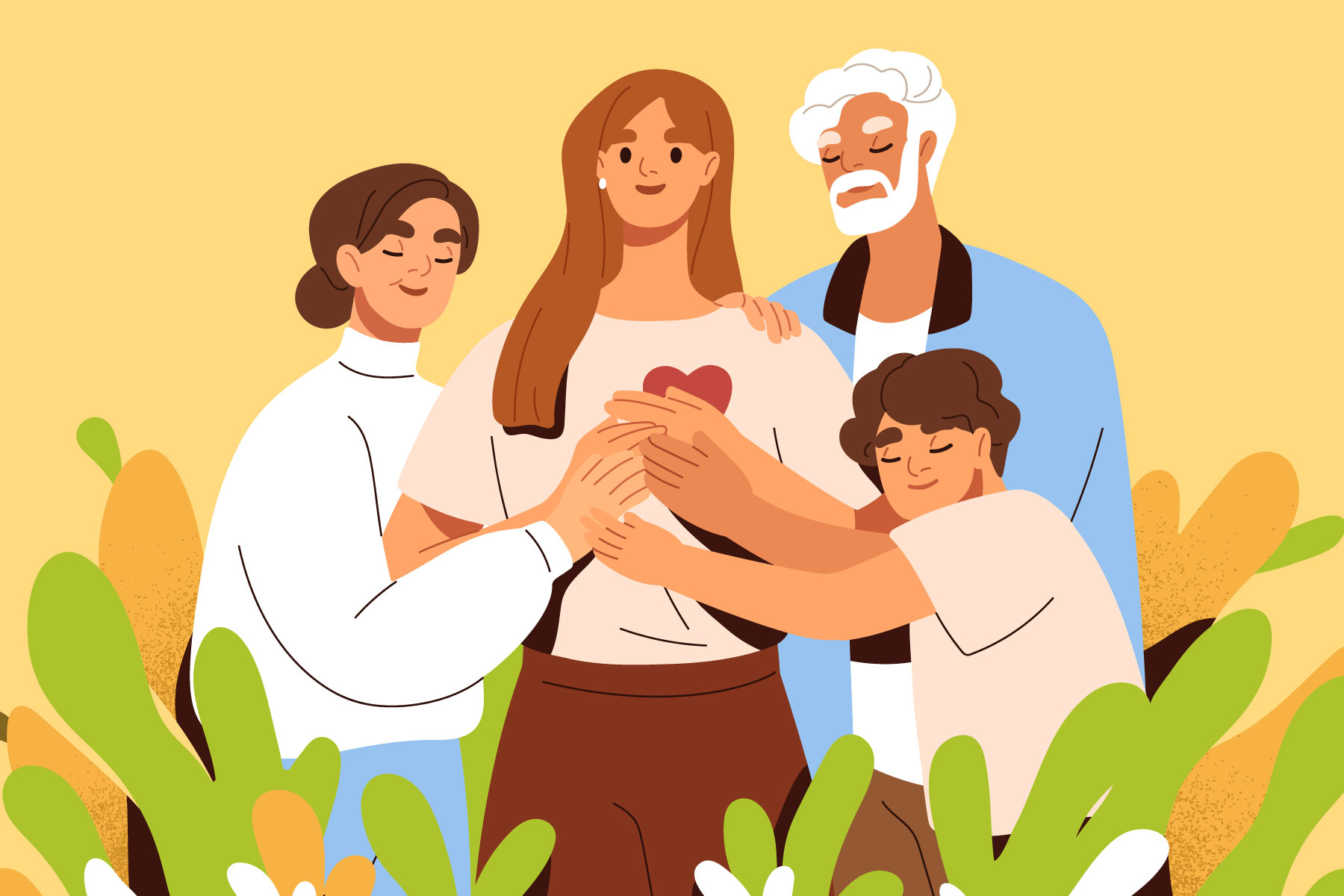Featured image: GoodStudio on Shutterstock
By Jayde White
As a refugee health nurse based in Melbourne Victoria, my role is to help navigate refugee and asylum-seeking people around the Australian healthcare systems and to advocate for them to maintain access to the support they need. It is hard to capture a typical day of a refugee health nurse because every day is different, but this is a small insight into to what a day can look like.
Workday begins
It’s 8am and I log on to my computer and turn on my work phone. Emails come flooding in from programs I reached out to the week before for an asylum seeker child not eligible for NDIS. It’s not good news. I receive a text message; my client was charged for his stay at the hospital because he is ineligible for Medicare and is being contacted by debt collector. I take a deep breath and plan my day.
It’s not long before I am on the phone with my client and an interpreter, together we reassure the client that we can resolve his debt, to his relief. I call the hospital accounts team, they are helpful as always, I provide them with the necessary documents and the debts have been waivered.
It’s been two hours and I have been researching further options for my client ineligible for NDIS and I think I found one. I enquire about eligibility but I don’t want to get the family’s hopes up so I decide I’ll wait to hear back before inform them of this option.
My phone rings, it’s my refugee client who arrived a year ago from Ethiopia. Their English is improving, and they can now talk to me without an interpreter. I’m so proud! She tells me she is pregnant after trying for years, we celebrate, and I offer my name as a suitable option. We have a giggle; discuss support options and I make the appropriate referrals.
It’s almost lunchtime and I have just finished my progress notes, I review my client lists and realise I have scope to take on new clients.
Afternoon arrives
It is 1:30pm and I return from lunch so it’s time to remove clients from our waitlist. There’s a large family from Afghanistan, one family member has a heart condition. I review the referral and the health assessment portal for each family member, there is nothing out of the ordinary, the heart issue is under control.
I call the interpreter line to request a Dari interpreter to speak to the family. The family are so grateful for the call and are happy for me to call them in a few days to attend to a health assessment for the family. I explain what the meeting will entail, and I provide my number so they know they can contact me if needed.
By now it’s 3pm and I have just finished preparing all the paperwork required for each family member. I received a phone call from another client, they have a court date to appeal their protection visa refusal and they urgently need a lawyer.
We call a legal company, there is a 90-minute wait time, I tell the client I will wait and add them to the call once we have assistance. It’s been 45 minutes; I know if I hang up now the client will not be able to adequately advocate for themselves due to language barriers, I continue to do work in the background.
Its 5pm and we have an operator, we have booked in an appointment for two days’ time with a lawyer, such a relief.
Finishing up
Its 5:30 pm and I have an hour left, I use this time to attend to administrative tasks as my day didn’t go as planned. I finish my progress notes for each client and make a list for the follow day to attend to the tasks I couldn’t get to today. I’m mentally and emotionally exhausted, every task I attend to feels emotionally driven because my clients are vulnerable in so many ways. I step back from my computer, take a deep breath, and remind myself that I did my best today and that tomorrow is a new day.
Days like this are common, you take the good with the bad and try to celebrate every little victory. It is important to remember that most of these clients are victims of trauma, they require patience and understanding. What works for one may not work another.
Also, Interpreters are an essential part of their healthcare journey and are required by a refugee nurse to attain the quality of understanding they need to make appropriate decisions about their health and that of their loved ones.
Jayde White
Jayde is working as a refugee nurse in Victoria and has considerable experience in both community and acute based settings. She found a passion for working with refugees after volunteering for a program that helped resettle refugees and asylum seekers in a small town of Italy and is an active member of Refugee Nurses Australia.






